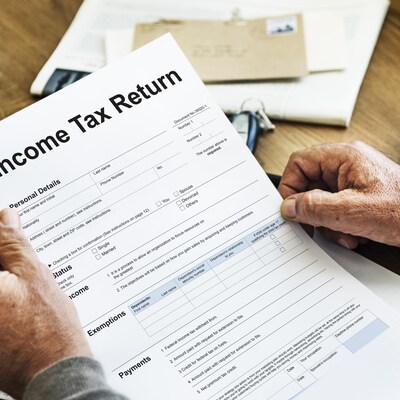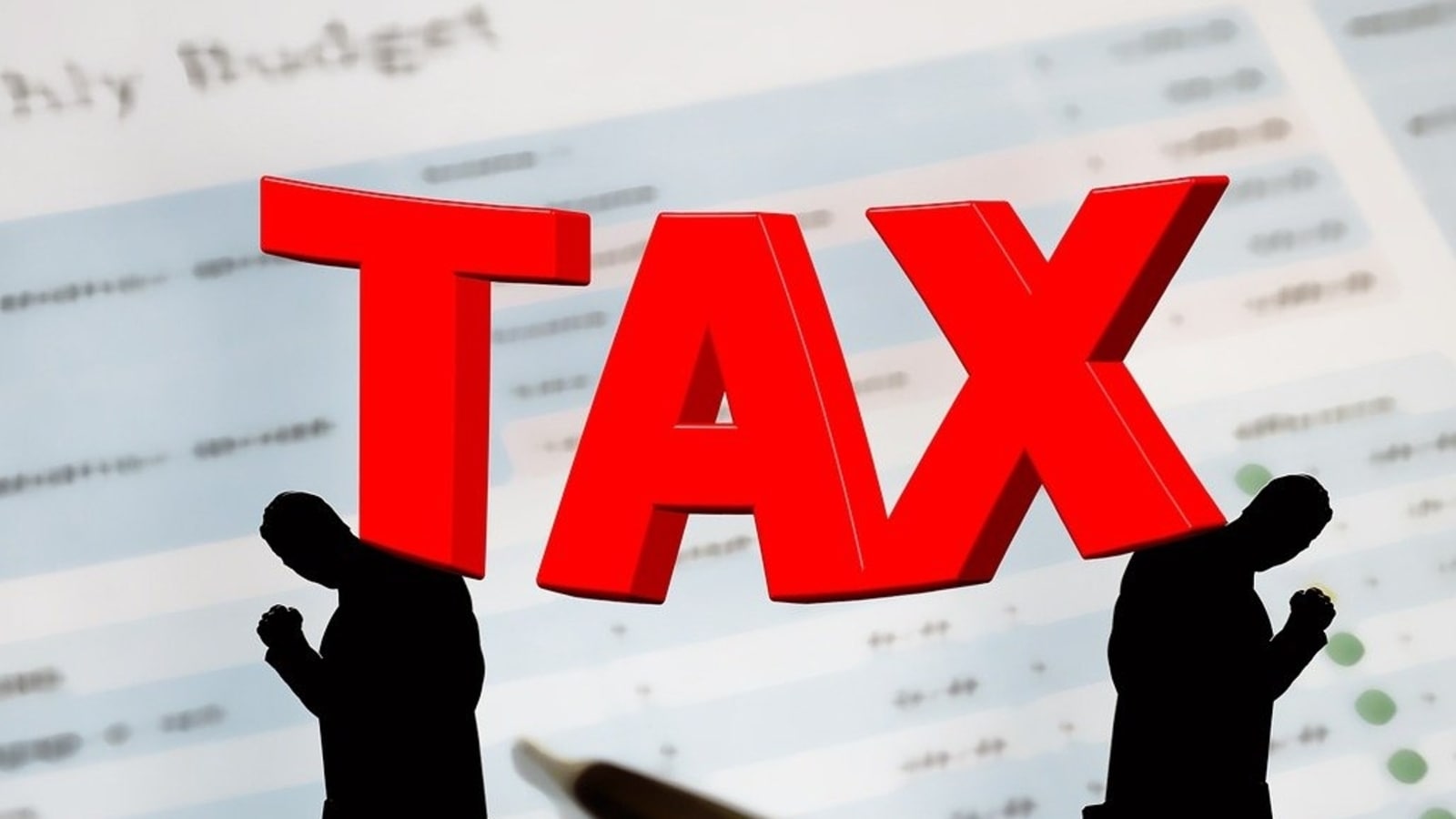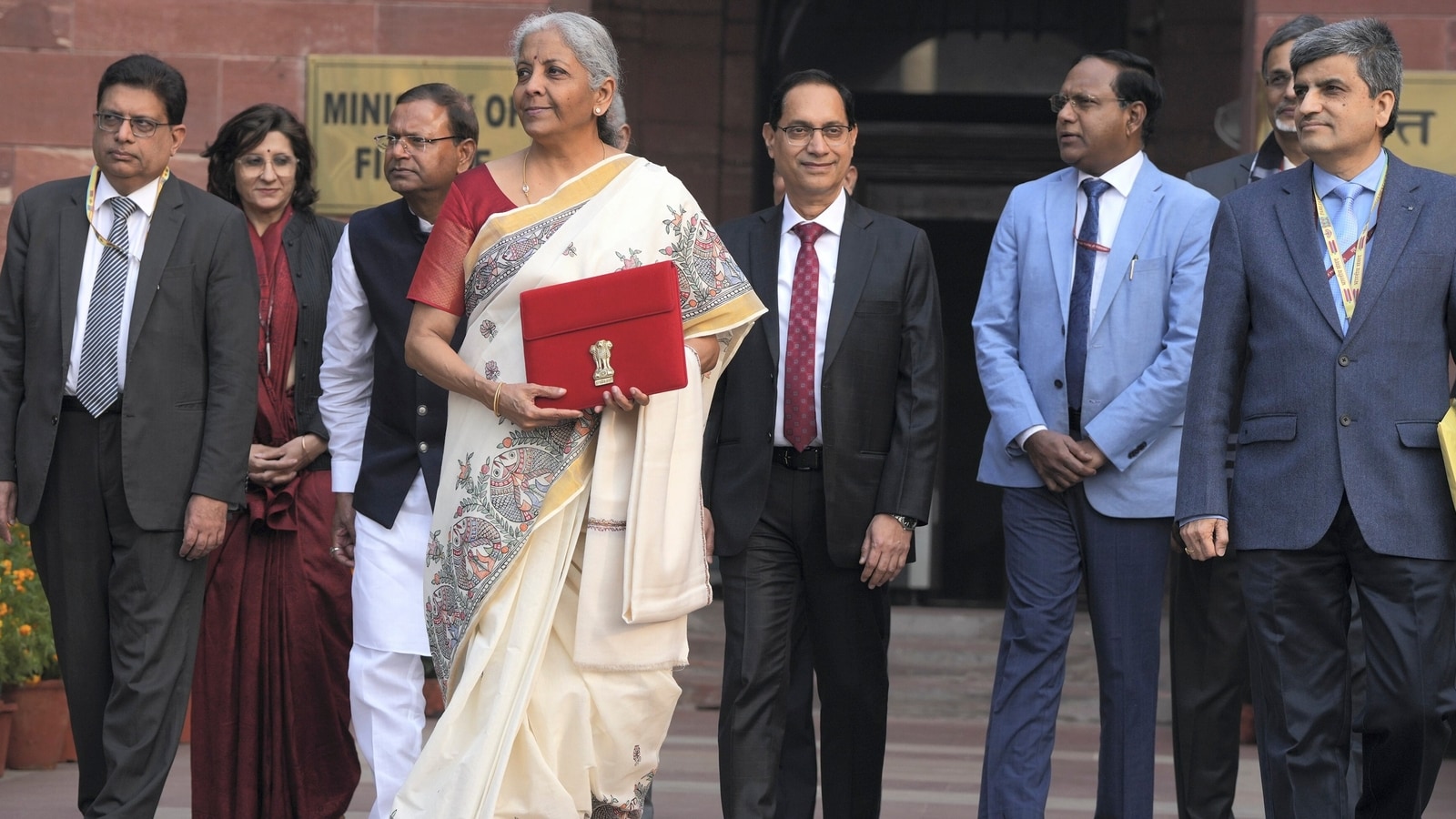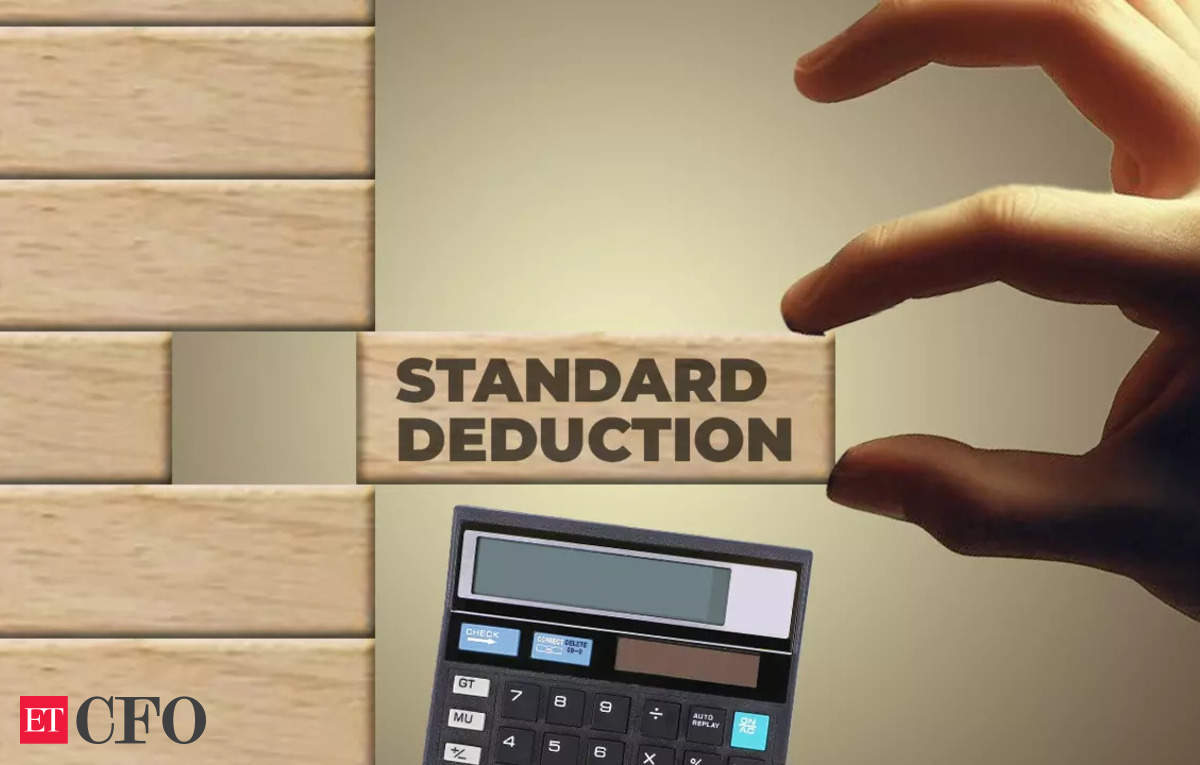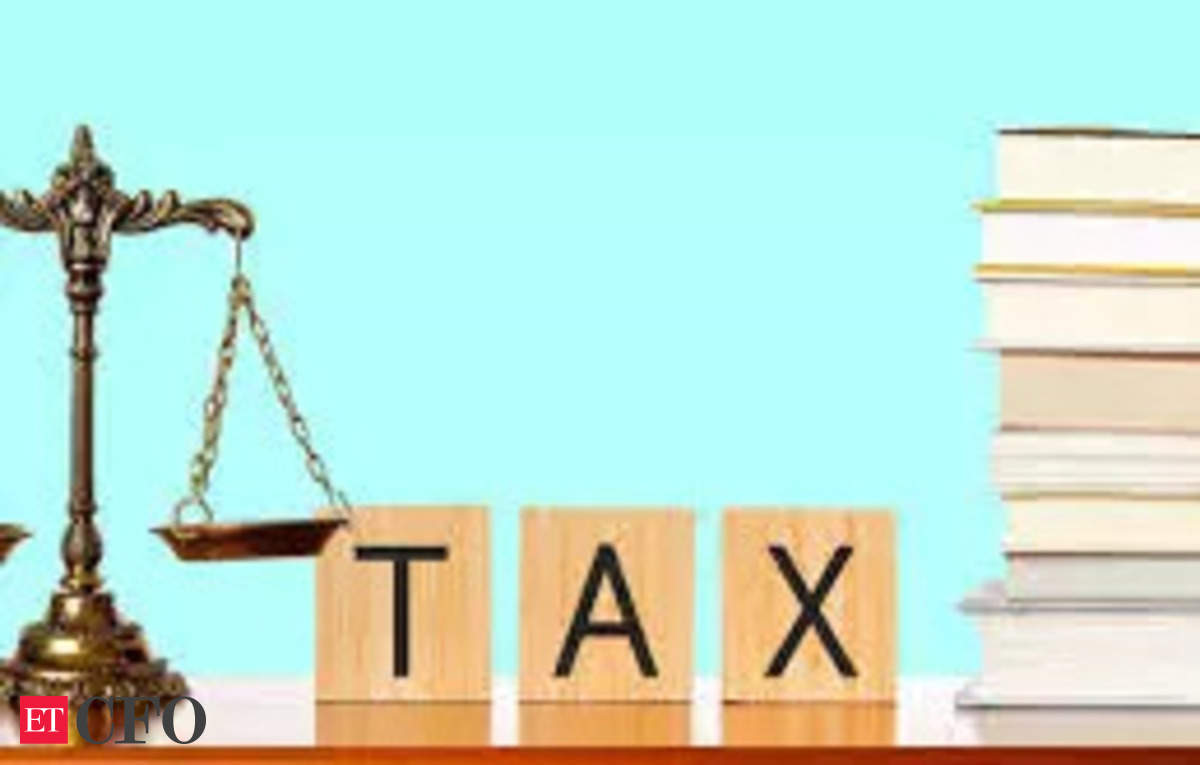Our Government announced several benefits to senior citizens under Income tax which are discussed in below video, but some of the senior citizens are liable to file Income tax return too.
If you’ve recently retired or are planning to retire soon, understanding how to file your income tax return (ITR) is essential. The deadline to file your ITR for the financial year 2023-24 (assessment year 2024-25) without incurring a late fee is July 31, 2024.
How do pensioners file income tax returns?
Under the Income Tax Act, pensions are classified as “Income from Salaries.” If your pension exceeds the exemption limit, you must file an ITR. Pensioners typically use the ITR-1 (Sahaj) form, which can be filed both online and offline.
You can contact team of Tax Experts to file Your ITR at 9150010300 or visit www.legalsahayak.com
ITR 2024: Frequently Asked Questions
Do pensioners need to file income tax returns?
Yes, if their total income exceeds the basic exemption limit set by the Income Tax Department.
Can pensioners file their income tax returns online?
Yes, they can use the Income Tax Department’s e-filing portal or other authorised e-filing websites.
How can pensioners claim deductions?
Under the old tax regime, pensioners can claim deductions under various sections like:
Section 80C: For investments in PPF, NSC, etc.
Section 80D: For health insurance premiums.
Section 80TTB: For interest income from deposits.
Where can family pension be declared?
Family pension should be declared under “Income from Other Sources” and is eligible for a deduction under Section 57 up to Rs 15,000 or one-third of the pension, whichever is lower.
Here’s an example:
Mr Singh retired in June after 35 years of service. He received:
Rs 10,00,000 as gratuity
Rs 20,00,000 from his Provident Fund
A monthly pension of Rs 25,000 starting 1 July
Will Mr Singh have any tax deductions? Let’s look at each of the components:
Gratuity
“For government employees, gratuity is fully exempt from tax upon retirement. For private sector employees, it’s exempt up to Rs 20 lakh,” explains Experts. Since Mr Singh received Rs 10,00,000, it’s exempt from tax.
Provident Fund
The PPF investment qualifies for EEE (Exempt-Exempt-Exempt) status. If Mr Singh has served continuously for five years or more, the Rs 20 lakh received is tax-exempt.
Pension
“Monthly pensions are taxable as salary income. Mr Singh’s annual pension is Rs 3,00,000 (Rs 25,000 x 12). Under the new tax regime, income up to Rs 3 lakh is tax-free. Therefore, Mr Singh won’t pay tax on his pension,”
Tax benefits for senior citizens
Higher Income Exemption Limit
Senior citizens have a basic exemption limit of Rs 3,00,000, and super senior citizens (above 80 years) have Rs 5,00,000, unlike the Rs 2,50,000 limit for others.
Standard deduction
Senior citizens can claim a standard deduction of Rs 50,000 from their salary or pension income.
Tax rebate under Section 87A
If their taxable income is up to Rs 5,00,000, senior citizens can claim a rebate under the old tax regime, eliminating their tax liability. Under the new tax regime, the limit is Rs 7 lakh with a rebate of up to Rs 25,000.
Medical insurance premium
Under the old tax regime, senior citizens can claim up to Rs 50,000 for medical insurance premiums under Section 80D, provided it is paid through online banking channels.
Deduction for specified diseases
A flat deduction of Rs 1,00,000 can be claimed for medical expenses incurred for specified diseases under Section 80DDB.
Interest income deduction
Senior citizens can claim a deduction of up to Rs 50,000 on interest income from savings accounts, fixed deposits, and post office deposits under Section 80TTB.
Exemption from advance tax payment
Senior citizens not earning from business or profession are exempt from paying advance tax.
Reverse Mortgage Scheme
Under a reverse mortgage scheme, senior citizens receiving monthly instalments from their house transfer are exempt from capital gains tax.
Senior Citizens Savings scheme
Investing in this scheme allows a tax deduction of up to Rs 1,50,000 under Section 80C under the old tax regime.
When are senior citizens exempt from filing ITR?
Senior citizens aged 75 years or more are exempt from filing ITR if:
– Their income consists solely of pension and interest from the same bank.
– They have submitted a declaration to the bank, and TDS is deducted by the bank under Section 194P.
To file ITR for pensioners online, follow these steps:
1. Visit the Website: Go to the Income Tax e-filing official website and log in using your credentials.
2. Look for Income Tax Returns: Click on the “e-File” tab and select “Income Tax Returns” from the drop-down menu.
3. Start Filing: Click on “File Income Tax Return.”
4. Select Assessment Year: Choose the assessment year and the online mode of filing, then click on ‘Continue.’
5. Resume or Start New Filing: If you have a pre-filled ITR, select “Resume Filing”; otherwise, click on “Start New Filing.”
6. Applicant Status: Choose your applicant status and press “Continue.” From the drop-down menu, select the ITR-1 form.
7. Required Documents: Review the list of required documents and select “Let’s Get Started.”
8. Checkboxes: Select all the appropriate checkboxes and click on “Continue.”
9. Tax Regime: Choose between the old tax regime and the new one.
10. Review Data: Review and edit the data in each section, then click on ‘Continue’ to proceed.
11. Income and Deductions: Enter your income and deduction details, then click on “Proceed.”
12. Tax Liability: If you have a tax liability, the screen will show the details. Choose either “Pay Now” or “Pay Later.”
13. Payment: If you choose “Pay Now,” select a banking services provider and click “Continue.” You’ll receive a confirmation message after successful payment.
14. Preview Return: Click on “Back To Return Filing” and then on the “Preview Return” button.
15. Submit Return: On the “Preview and Submit Your Return” page, click the declaration checkbox, enter TRP information (if any), and select “Proceed to Preview.”
16. Validate: Click on “Proceed to Validation” and correct any errors shown by the system.
17. Verification: After correcting all information, press “Proceed to Verification.”
18. Complete Verification: Choose “e-Verify Now,” “e-Verify Later,” or “Verify via ITR-V.” It’s recommended to select “e-Verify Now” and press “Continue.”
Remember, ITRs filed after 1 August 2024, will have only 30 days for completing the verification procedure.
What are some tax-saving options for pensioners?
Experts suggests the following tax-saving strategies:
1. Utilise Section 10(10) for gratuity:
“Mr. Singh can take advantage of the exemption under Section 10(10) for the gratuity received. Any gratuity acquired at the time of retirement is exempt from tax subject to certain conditions. Understanding and using this provision effectively can significantly reduce his tax liability.”
2. Invest in tax-saving instruments:
“Consider investing a part of the retirement corpus in tax-saving instruments like Public Provident Fund (PPF), National Savings Certificate (NSC), Equity Linked Savings Scheme (ELSS), or Senior Citizens’ Saving Scheme (SCSS). These investments offer tax benefits under various sections of the Income Tax Act.”
3. Opt for a pension plan:
“Explore the option of investing in a pension plan to receive regular post-retirement income while enjoying tax benefits on the premium paid. Annuity Plans or Immediate Annuity Plans provide a steady income stream and tax advantages.”
4. Section 80C deductions:
“Make use of deductions available under Section 80C by investing in eligible avenues like Life Insurance Premiums, ELSS, and Employee Provident Fund (EPF). These investments offer tax benefits and aid in long-term wealth creation.”
5. Charitable contributions:
“Contributing to charitable organisations can also be beneficial. Donations made to approved charitable institutions are eligible for tax deductions under Section 80G of the Income Tax Act, reducing taxable income while supporting philanthropic efforts.”
Visit www.cagurujiclasses.com for practical courses
